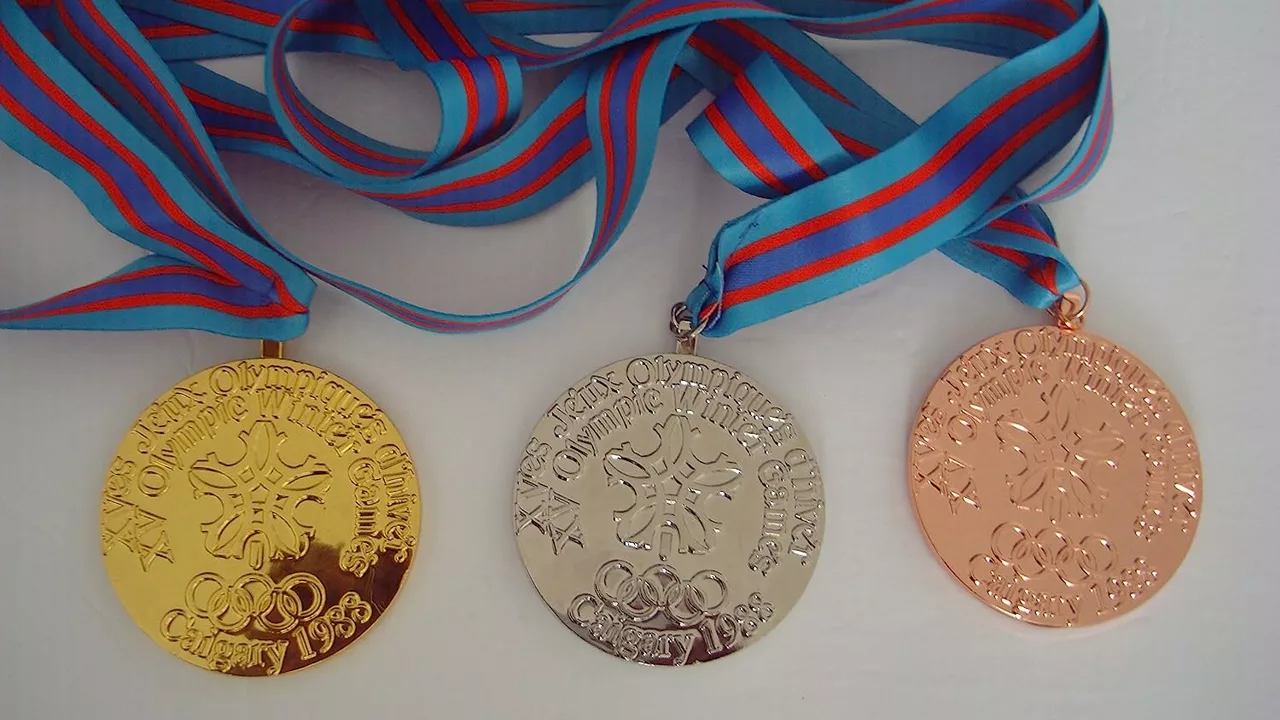Olympics and Judo: The Ultimate Guide
When you hear the Olympics, the world‑wide sporting festival held every four years, showcasing the best athletes across dozens of disciplines. Also known as the Olympic Games, the event brings together nations, cultures, and a massive fan base. For anyone curious about how judo fits into this global stage, the story starts with the sport’s inclusion in 1964 and its evolution into a medal‑rich discipline.
Why Olympic Judo Matters
Judo entered the Olympic Games, as a demonstration sport in 1964 and became an official medal event in 1972. Today, the International Judo Federation, the governing body that sets competition rules, weight classes, and qualification pathways for the Olympics, oversees every aspect from athlete eligibility to equipment standards. The sport’s core principles – maximum efficiency, mutual welfare, and respect – align perfectly with Olympic values, making it a showcase of technique over brute force. Each weight class features iconic throws like ippon seoi‑nage and strategic groundwork, while the scoring system rewards clean execution and control. Recent editions, from Rio 2016 to Tokyo 2020, highlighted how athletes blend traditional Japanese techniques with modern sports science, raising the competition level dramatically.
At Rochdale Judo Club, we see the Olympic influence everywhere: training sessions mimic the pacing of a tournament bout, coaches emphasize the IJF‑approved grip rules, and members track upcoming qualification events. Below, you’ll find articles that break down everything from the proper gi etiquette for competition to the mental preparation top Olympians use. Whether you’re a beginner curious about the path to the Games or a seasoned judoka looking for advanced tactics, the collection ahead offers practical advice, historical anecdotes, and a glimpse into the future of Olympic judo. Dive in and discover how the Olympic spirit shapes every throw, hold, and victory on the mat.
Why two bronze medals are given in some sports in Olympics?
In the Olympics, it's intriguing to note that some sports award two bronze medals instead of one. This practice is common in sports like boxing, judo, taekwondo and wrestling. The reason behind this is that these sports follow a double elimination format, where competitors are allowed to continue even after one loss. So, two competitors end up in the third place, each earning a bronze medal. This ensures fairness and gives athletes an extra opportunity to prove their mettle.
